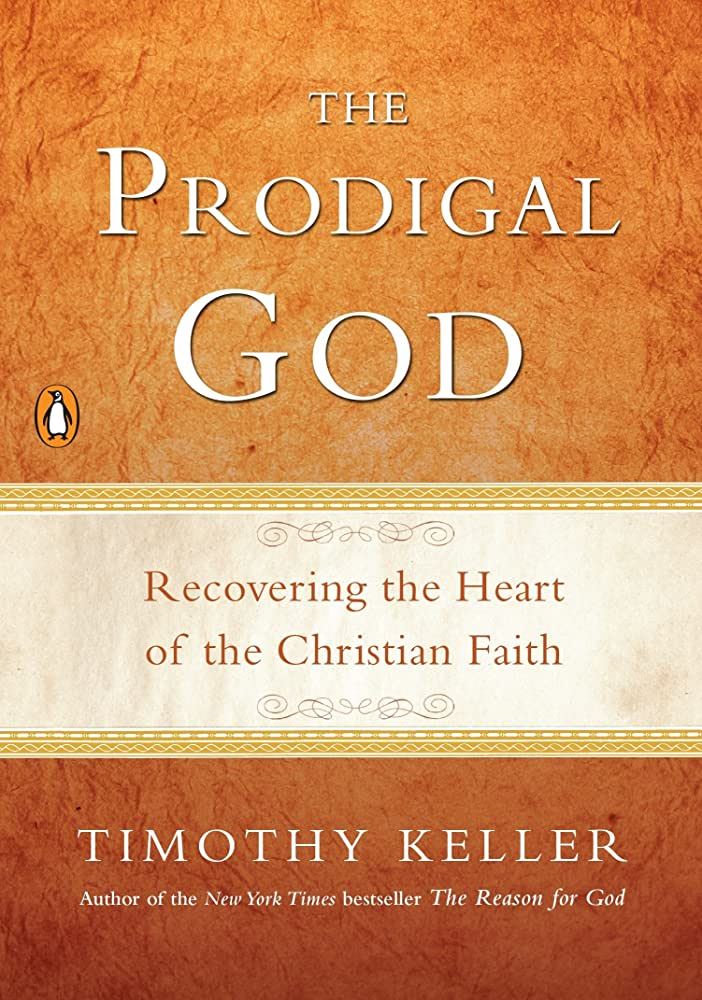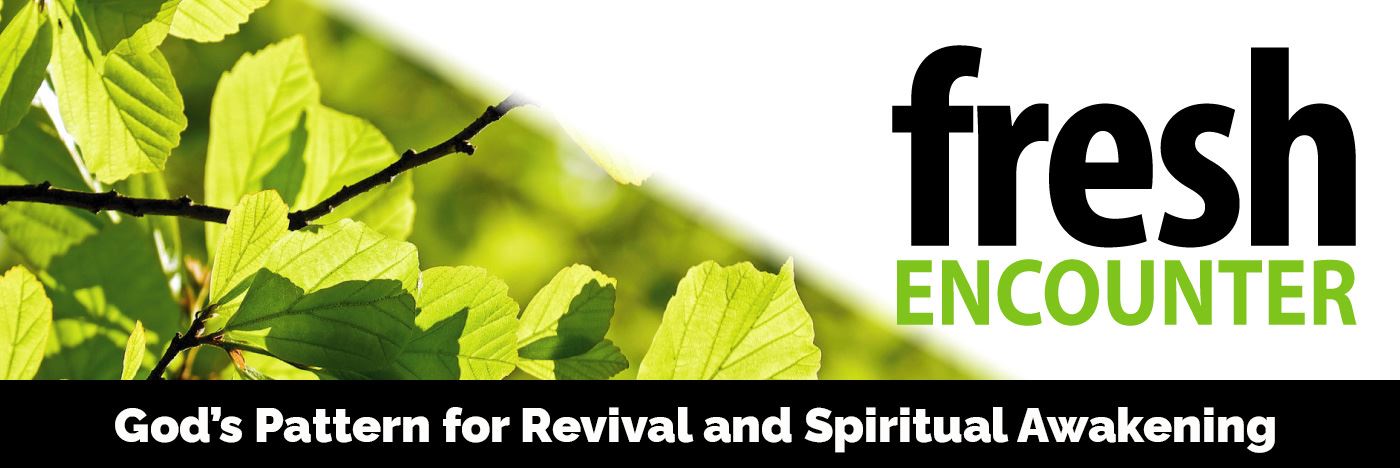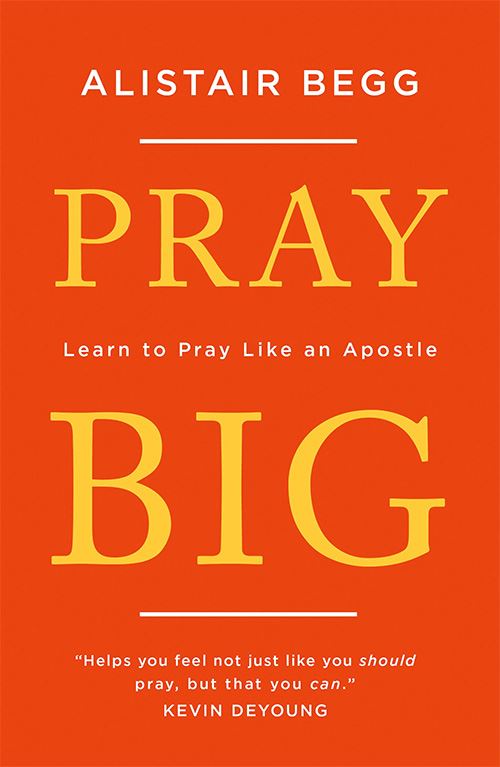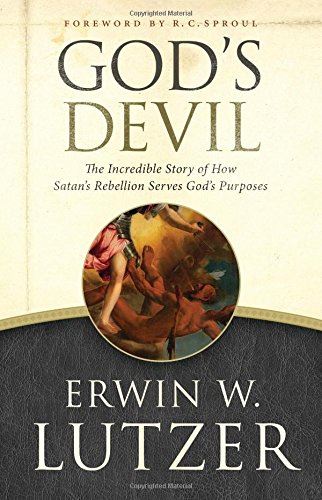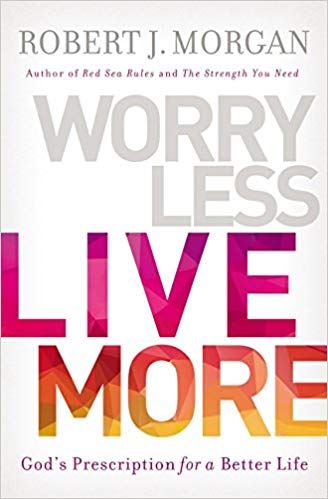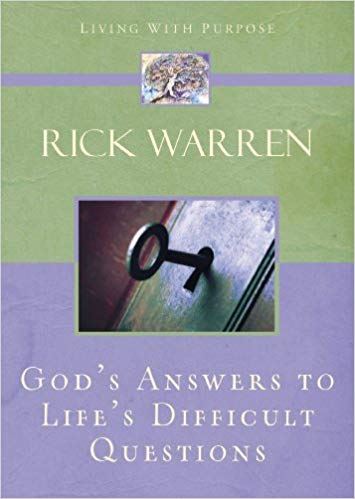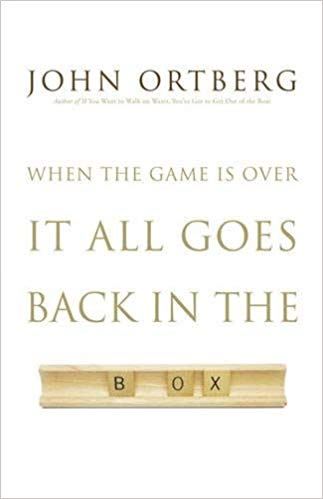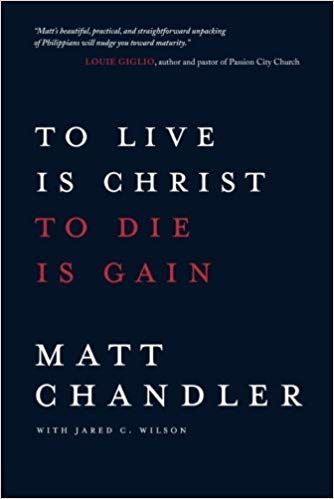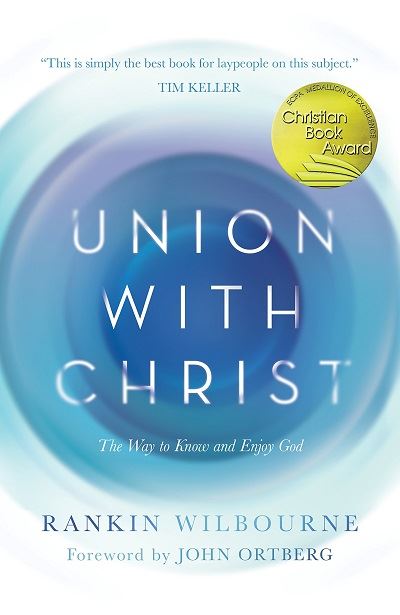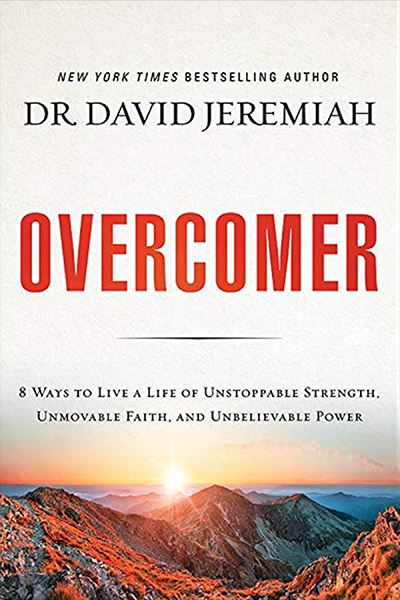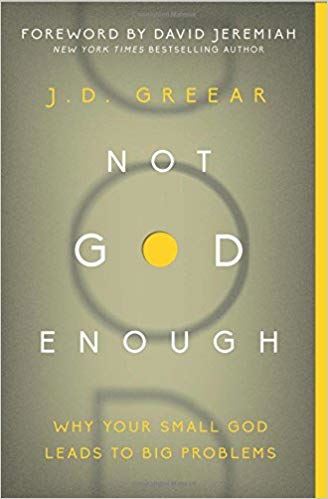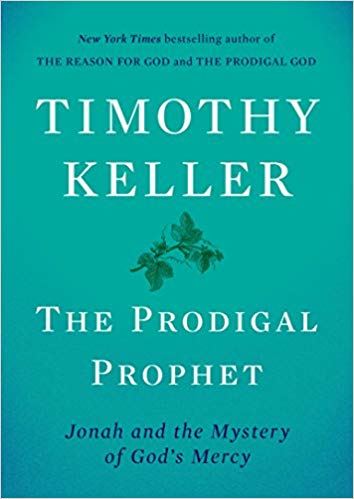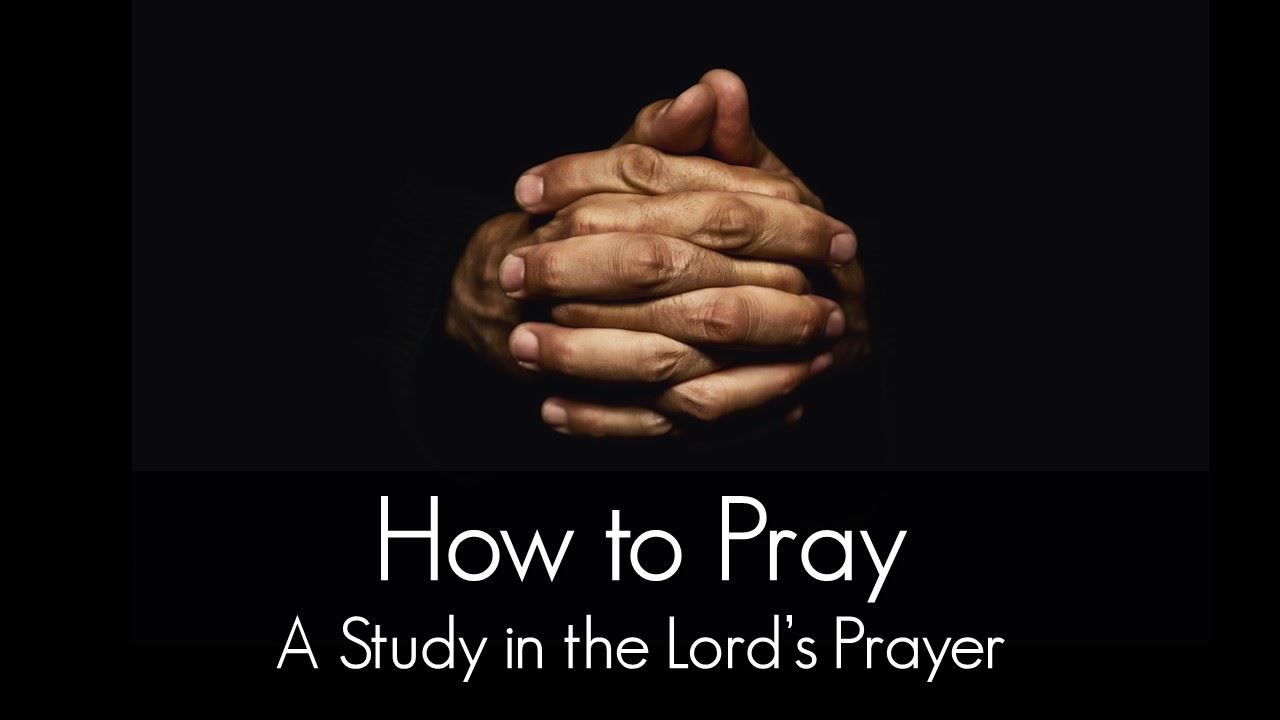
Bible Study Lessons on every book of the Bible and every topic imaginable.
What if changing your life starts with changing just one day? Most of us don’t need a new year… we need a new daily rhythm. Jesus taught us to pray for daily bread, to trust God today, to take life in what Dale Carnegie called “day-tight compartments.” In a world drowning in stress, anxiety, hurry, and distraction, this study invites you to slow down, breathe deep, and discover the power of winning one ordinary day at a time. Win the Day explores seven biblical habits—rooted in Scripture, shaped by practical wisdom, and filled with real-life stories—that help you flip the script, face hard things, break free from fear, redeem your time, and plant seeds today that will shape your tomorrow. Through thoughtful questions and rich quotations from trusted Christian voices, you and your group will discover how God transforms our lives not in one dramatic leap but through simple obedience, practiced daily, with His strength. If you’re longing for a faith that is steady, joyful, and resilient… if you’re ready to stop drifting and start living intentionally… this study will help you take the steps. Win the day—because the way you live today is shaping who you become tomorrow. |
Take Control of Your Thoughts. Transform Your Life. What you think shapes who you become. The Bible teaches, “Be transformed by the renewing of your mind” (Romans 12:2). Yet many of us live with anxious, guilty, fearful, or negative thoughts that rob us of peace and joy. Tame Your Thoughts is a practical, Scripture-centered Bible study that shows you how to recognize lies, replace them with truth, and discover lasting freedom. Drawing from the wisdom of Max Lucado, David Jeremiah, Dallas Willard, Craig Groeschel, and others, Josh Hunt weaves biblical teaching with engaging discussion questions that spark honest conversations and real-life change. You’ll learn how to:
Lessons include:
Perfect for small groups, Sunday school classes, or personal study, this guide will not only get people talking—it will help them experience the renewing power of God’s Word. Your thoughts run your life. It’s time to run your thoughts. |
Overcome Fear, Worry, Anxiety, Anger, and More—with the Power of God’s Word Are you battling fear, worry, anxiety, discouragement, loneliness, anger, resentment, or guilt? Struggling with temptation, procrastination, failure, or jealousy? In this practical Bible study, bestselling author Josh Hunt helps you discover what the Bible says about overcoming life’s biggest struggles. Designed for small groups, Sunday School classes, and personal growth, this 12-week study will guide you step-by-step through biblical principles for spiritual victory and emotional healing. Each lesson is built around Hunt’s proven Good Questions Have Groups Talking format—perfect for creating engaging, life-changing group discussions. You’ll explore key passages of Scripture, reflect on trusted Christian wisdom, and learn how to apply God’s truth to your everyday battles. Inside you’ll discover:
Relevant. Practical. Encouraging. This is a Bible study for real life—for the very real challenges we all face. Whether you’re teaching a Bible study on emotional health, leading a church small group, or looking for a personal Bible study on overcoming fear, worry, and anxiety, Slaying the Giants in Your Life will equip you with biblical tools to live in victory. You don’t have to let these giants define your life. |
Steps: A Bible Study Based on John Ortberg’s Life-Changing Book on Spiritual Growth and Transformation Are you tired of trying harder and still falling short in your spiritual life? Do you long to experience real, lasting transformation—but aren’t sure how to get there? Steps by John Ortberg offers a fresh, grace-filled approach to spiritual growth that meets you right where you are. This Bible study guide brings those truths to life in a practical, discussion-driven format that’s perfect for small groups, Sunday School classes, or personal study. This guide is part of the Good Questions Have Groups Talking series, known for creating engaging conversations that lead to deeper faith and stronger community. Each lesson features about 20 ready-to-use discussion questions, carefully crafted to spark honest conversation, meaningful reflection, and biblical insight. Whether you're a group leader or a participant, you'll find this resource easy to use and spiritually enriching. The study follows the same structure as Ortberg’s book, unpacking each “step” on the journey of transformation—from admitting our powerlessness to relying on God’s power, walking in community, and developing new spiritual habits. It draws heavily on Scripture and brings Ortberg’s insights into clear focus, making them practical and applicable for everyday life. Why choose this study?
Don’t just try harder. Step into the transforming power of God’s grace. This is a Bible study for real people facing real struggles, longing for real change—and ready to take the next step. |
Impossible ChristianityIs the Christian life meant to be an exhausting struggle, always feeling like we fall short? Or has Jesus given us a yoke that is truly easy and a burden that is light? In Impossible Christianity, Kevin DeYoung challenges the idea that being a faithful Christian means constant guilt, burnout, and unattainable expectations. Instead, he invites us to embrace the grace, joy, and freedom that Christ offers. This Good Questions Have Groups Talking study is designed to spark meaningful discussion and personal reflection. With 20+ ready-to-use questions for small groups and Sunday School classes, this guide helps participants wrestle with the core truths of the Christian life—what God actually expects, what grace really means, and how we can live with both faithfulness and peace. Perfect for pastors, small group leaders, and anyone seeking a deeper understanding of biblical discipleship, this study will help your group explore:
Engaging, biblical, and practical, Impossible Christianity – Good Questions Have Groups Talking will equip your group to experience the joy of following Jesus—without the crushing weight of impossible expectations. |
The Gospel Made Simple is a transformational guide to living out the truth of God’s Kingdom here on earth while anticipating the perfect joy of Heaven. Through engaging stories of real lives changed, biblical insights, and practical wisdom, this book shows how the Gospel is more than a ticket to Heaven—it’s a call to experience life as God intended: full of love, joy, and purpose.
Explore profound truths, such as:
Discover the beauty of a Gospel-centered life. Embrace the simple yet profound truth: Heaven is real, and the journey begins now. |
Disciplemaking Bible LessonsAll of the Bible lessons on this site are targeted toward one goal: to make disciples. I wrote a book years ago with the title, Disciplemaking Teachers. In it, I said,
That is the goal of teaching: not to cover the material but to make disciples. These lessons target the goal of making disciples in three ways:
There are free samples available. Check them out and see if they will work for you. Josh Hunt |
|
We desperately need to relearn evangelism in our country.Jim Davis has a shocking analysis:
What will take to bring them back? What will it take to reach new people in a new era where many are hostile to the church and its message? Nothing less than a complete rethinking of the way we do evangelism. Amid this dire news, there are some bright spots. There are some churches that are growing and growing rapidly. They are not doing evangelism the way our parents’ churches did evangelism. They have found a way to make lifestyle evangelism intentional evangelism. I believe we need to learn from these churches and bring this message to primetime: to our main small group time. (In traditional churches, this is the Sunday School hour.) We can’t relegate this to an optional class off prime-time. I have just updated my study of the book, BLESS: 5 Everyday Ways to Love Your Neighbor and Change the World by Dave Ferguson and Jon Ferguson Click here to find out more about this updated study. |
Are you satisfied with the level of discipleship in your church? If you’ve ever looked at your church and felt that something was missing, you’re not alone. Many of us long for a deeper sense of transformation within our communities but feel stuck in a cycle of programs, good intentions, and limited results. Paul David Tripp’s How People Change offers a fresh and gospel-centered vision for discipleship that goes far beyond surface-level solutions. It’s not just about improving attendance or implementing a new curriculum; it’s about equipping people to live out their faith in real, everyday life. In How People Change, Tripp and co-author Timothy S. Lane address a question we’ve all asked at one time or another: Why do Christians who know the gospel still struggle to live transformed lives? The answer lies in how we view change itself. Too often, we approach discipleship as behavior management or knowledge transfer. While those things have their place, true change doesn’t happen from the outside in—it happens from the inside out. Tripp and Lane introduce a framework rooted in Scripture that helps believers understand the heart dynamics behind lasting transformation. They explore how the gospel reshapes our identity, motivations, and habits, and they provide practical tools to connect these truths to the everyday challenges we face. Whether it’s dealing with anger, navigating relationships, or battling fear and insecurity, this book helps readers see how the gospel speaks to all of life. But How People Change isn’t just for personal growth; it’s a guide for shaping a culture of discipleship in your church. If you’re a pastor, small group leader, or mentor, this book equips you to disciple others in a way that goes beyond quick fixes and shallow advice. It invites your church to move from surface-level engagement to a deep, heart-level connection with Christ and one another. Through real-life stories, practical examples, and a clear connection to God’s Word, Tripp makes it clear that transformation is not only possible—it’s what the gospel promises. This book doesn’t offer a magic formula, but it does provide a roadmap for understanding how God works through His Word and His people to bring about real change. The process can be messy, but it’s worth it. So, are you satisfied with the level of discipleship in your church? Or are you ready to take a step toward deeper transformation—for yourself, your small group, and your entire church community? How People Change will challenge you, inspire you, and equip you to experience the gospel in a way that changes everything. Transformation is possible. Let the journey begin. |
21 Laws of Discipleship--the book--now available on AmazonWhile the Bible Study has been available for sometime, we have just released the book The 21 Laws of Discipleship. Following Jesus isn’t hard—Jesus said it would be easy (Matthew 11.30)—but it is a bit complicated. For example… |
My church recently transitioned to using books as curriculum in our Sunday School. The reason is simple. My life has been profoundly influenced by the reading of books. I don’t think my life has ever been changed by any curriculum piece I have ever read. Ever. I have actually surveyed a number of groups I have taught over the years, asking: Has your life ever been changed by any curriculum? The most common response is for people to laugh out loud. Our first study was the Bless book by Dave and Jon Ferguson. It is a great study on relational lifestyle evangelism. About half-way through the the study, we did a survey to help determine what we would study next. No one wanted to go back to the curriculum. Not. One. Person. The #1 choice for what to study next was a tie:
We will be studying these two books over the next year and a half or so. Here is what Amazon says about Ortberg’s book: The Me I Want to Be will help you discover spiritual vitality like never before as you learn to "live in the flow of the spirit." Why does spiritual growth seem so difficult? God's vision for your life is not just that you are saved by grace, but that you also learn to live by grace, flourishing with the Spirit flowing through you. And this book will show how God's perfect vision for you starts with a powerful promise: All those who trust in God "will be like a tree planted by the water that sends out its roots by the stream. It does not fear when heat comes; its leaves are always green. It has no worries in a year of drought and never fails to bear fruit" (Jeremiah 17:7-8). Pastor and best-selling author John Ortberg first helps gauge your spiritual health and measure the gap between where you are now and where God intends you to be. Then he provides detailed tasks and exercises to help you live in the flow of the Spirit, circumventing real-world barriers - pain and sorrow, temptations, self-doubt, sin - to flourish even in a dark and broken world. As you start living in the flow, you will feel:
God invites you to join him in crafting an abundant and joy-filled life. The Me I Want to Be shows you how to graciously accept his invitation. I have just completed a new, 22-week study of John Ortberg’s book, The Me I Want to Be that we will be using in my church. (I had previously done a 7-week study.) I have always thought that using books as a curriculum would be a good idea, and I have written a lot of book studies over the years. One of the things that actually using books as curriculum caused me to realize has to do with cost. By writing a study on every chapter of this book, instead of my previous study that had a lesson for every section, the cost drops to below what we were paying for curriculum. Better curriculum. Cheaper cost. Win. Win. Josh Hunt |
Ten Questions to Diagnose Your Spiritual HealthThe doctor always evaluates my bodily health by two means: questions and tests. The English Puritans of 1550 to 1700 sometimes referred to ministers as “physicians of the soul.” In our day as in theirs, the timeless process of discerning one’s spiritual health likewise involves questions and tests. My purpose in these pages is to act as a physician of the soul, asking questions and suggesting spiritual tests which can, by the help of the Holy Spirit, enable you to self-diagnose your spiritual health Donald S. Whitney, Ten Questions to Diagnose Your Spiritual Health (NavPress; Tyndale House Publishers, 2021), vi–1. |
Dark Clouds; Deep MercyAlthough I had been a student of the Bible for many years, biblical lament was new for me. I didn’t even know what to call it at the time. I was merely trying to voice my fears and struggles while at the same time pointing my heart toward God. My quest for spiritual survival opened my heart to this historic and biblical form of prayer. Sorrow tuned my heart to hear the song of lament. The gut-level honesty expressed in lament was refreshing and helpful. You see, I knew the assurances of God’s love in passages like Romans 8 and others. I believed somehow God would work out everything for his good purposes. I never doubted that. Yet my grief was not tame. It was vicious. I battled fears, disappointments, and sorrow. And in my journey, I discovered the grace of lament, a song I never wanted to sing. However, once I was in the crucible, I was deeply thankful for this uninvited dimension of the Christian life. Looking back, I can see how lament became my guide, my teacher, and my solace. The years that followed Sylvia’s death were a roller coaster of emotions and challenges. We suffered multiple miscarriages and a false-positive pregnancy. However, our painful yet honest prayers helped turn our agony into a platform for worship. Lament helped us navigate the wilderness of our grief. Uncomfortable with LamentHowever, in that journey we also learned that many Christians, like us, were unfamiliar—even uncomfortable—with lament. When occasionally I candidly shared a few of the struggles of my soul, some people reacted with visible discomfort. Others quickly moved to a desperate desire to “find the bright side,” a quick change of the subject, an awkward silence, or even physically excusing themselves to escape the tension. When people stayed in the conversation, they often responded in unhelpful ways. In moments of attempted comfort, people said things like “I’m sure the Lord will give you another baby,” “Maybe more people will come to faith because of the death of your daughter,” or “The Lord must know he can trust you with this.” Every person meant well. I appreciated their attempts to address our pain. But it became clear that most people did not know how to join us in our grief. Lament was just not familiar terrain. Mark Vroegop, Dark Clouds, Deep Mercy: Discovering the Grace of Lament (Wheaton, IL: Crossway, 2019), 17–19. |
The Good and Beautiful LifeThe great preacher and founder of the Methodist movement, John Wesley (1703–1791), was once approached by a man who came to him in the grip of unbelief. “All is dark; my thoughts are lost,” the man said to Wesley, “but I hear that you preach to a great number of people every night and morning. Pray, what would you do with them? Whither would you lead them? What religion do you preach? What is it good for?” Wesley gave this answer to those questions:
His answer is a beautiful and succinct description of the good and beautiful life. James Bryan Smith, The Good and Beautiful Life: Putting on the Character of Christ, The Apprentice Series (Downers Grove, IL: IVP Books, 2009), 9–10. |
The Good and Beautiful GodThe Good and Beautiful God: Falling in Love with the God Jesus Knows by James Bryan Smith is a profound exploration of the character of God, inviting readers to rediscover and deepen their understanding of who God truly is. Through a unique blend of personal stories, theological insights, and practical spiritual exercises, Smith aims to help readers transform their perceptions of God and their relationship with Him. The book is divided into three parts: "Narratives," "Soul Training," and "The Good and Beautiful God." Each section builds upon the other, guiding readers through a process of spiritual formation that is both enlightening and transformative. Narratives: Smith begins by addressing the false narratives many Christians hold about God. These misconceptions often stem from cultural influences or personal experiences that distort the true nature of God. Smith argues that to truly know and love God, we must first identify and discard these false narratives. He introduces the concept of "soul training exercises," which are practical activities designed to help readers internalize the true narratives about God. Soul Training: The second part of the book focuses on these soul training exercises. Each chapter includes a specific practice aimed at reshaping the reader's understanding of God and cultivating a deeper relationship with Him. These practices range from simple activities like sleep and silence to more involved exercises like lectio divina (sacred reading) and practicing Sabbath rest. By engaging in these practices, readers are encouraged to slow down, reflect, and experience God's presence in their daily lives. The Good and Beautiful God: In the final section, Smith delves into the attributes of God as revealed through Jesus Christ. He explores aspects of God's character such as His goodness, trustworthiness, generosity, love, and holiness. Smith emphasizes that Jesus is the ultimate revelation of God's nature, and by studying Jesus' life and teachings, we can gain a clearer and more accurate picture of who God is. One of the central themes of the book is the importance of living in the kingdom of God here and now. Smith contends that understanding and embracing the true nature of God leads to a transformed life characterized by love, joy, peace, and purpose. This transformation is not about following a set of religious rules but about entering into a vibrant, personal relationship with God. "The Good and Beautiful God" is not just a book to read; it's a journey to embark on. It's an invitation to experience the God that Jesus knows, to let go of misconceptions, and to embrace a life of spiritual growth and transformation. |
I bought this book on a whim while I was looking for small-group study guides. This turned out to be a treasure trove of great questions - but more than that, it has well-researched answers. This is what is missing in most study aids for groups. This is now my go-to resource for my group studies. I found the entire library online. Highly recommended for small group preparation.
--Amazon Review
Each of us spends our lives on a journey toward God. Yet often our most deeply felt longings—for meaning, for love, for significance—end up leading us away from, instead of toward, our Creator and the person he made us to be. |
OUR LIVES ARE ALWAYS MOVING IN THE DIRECTION OF OUR strongest thoughts. What we think shapes who we are. So you might read that and think I’m being an overly dramatic preacher using hyperbole to get your attention. But this is no exaggeration. Our lives do follow the direction of our thoughts. The better we grasp that truth, the better equipped we’ll be to change the trajectory of our lives. But don’t take my word for it. Both the Bible and modern science provide evidence that this is true. So throughout this book, we’ll unpack both Scripture and what we’ve learned from scientific research. Here’s a brief example of both: In Philippians 4:8–9, the apostle Paul writes, “Finally, brothers and sisters, whatever is true, whatever is noble, whatever is right, whatever is pure, whatever is lovely, whatever is admirable—if anything is excellent or praiseworthy—think about such things. Whatever you have learned or received or heard from me, or seen in me—put it into practice. And the God of peace will be with you.” This Bible Study will help you and your group to change your thinking and thus change your life. |
There are few things in life more frustrating than knowing you need to change, wanting to change, and trying to change, but not actually changing. How do I know? Because I have tried so hard so many times to change, only to hit the same brick wall of failure time and time again. Before I started learning to master the habits I’m sharing with you in this book, that was my life. One example: Knowing my eating patterns weren’t healthy and wanting to do better, I repeatedly tried to change my diet. I made commitments to eat only healthy food. I would succeed all day, but by evening my motivation withered and my willpower weakened. I would end my successful day of eating right with a little bedtime reward snack of brownies. And something salty. Maybe chips and salsa. And a little ice cream. The next morning, I’d wake up feeling guilty and do the walk of shame to the kitchen to see the evidence in the sink and in the trash. Determined to do better, I would eat a healthy breakfast, followed by a nutritious lunch and dinner. But then a bedtime snack of cookies. And chips. And cheesecake. Finally, I would feel defeated and quit trying. It seemed I had the desire to change, but not the power to change. You’ve been there, right? You’ve tried to change too. It hasn’t worked for you either. But why? Groeschel, Craig. 2023. The Power to Change: Mastering the Habits That Matter Most. Grand Rapids, MI: Zondervan. Bible Study Lessons on The Power to Change. |
Disciple-making Bible Lessons
My goal in writing Bible lessons is to help you make disciples.
Not just converts.
Disciples.
Not smarter sinners. Disciples.
Disciples.
A disciple is…
- One who abides in God’s Word. “So Jesus said to the Jews who had believed him, ‘If you abide in my word, you are truly my disciples.’” John 8:31 (ESV)
- One who bears fruit. “By this my Father is glorified, that you bear much fruit and so prove to be my disciples.” John 15:8 (ESV)
- One is loves fellow believers. “By this all people will know that you are my disciples, if you have love for one another.” John 13:35 (ESV)
The goal of my teaching and my lesson writing is to create people who abide in God’s Word, bear fruit, and love people. (For more on this, see my book, Disciplemaking Teachers.)
We do this through the process of discovery. People tend remember what they discover. Psychologist call this the “Aha! Moment.” It is that moment you discover the truth and feel, if not say out loud, “Aha! Now I see!” We tend to remember and are changed by these moments.
Jesus exemplified this. Jesus led his disciples through a number of questions until Peter exclaimed, “You are the Christ, the Son of the living God!” (For more on this, see my book, Teach Like Jesus.)
We are changed more by what we say that what we hear. When people speak words of love, they become more loving. When they speak words of gratitude they become more grateful. When they grumble and complain, they become more grumpy.
Let me misquote a verse to make a point. See if you can catch where I got it wrong. “Listening to the truth we are to grow up in every way into him who is the head, into Christ.” Ephesians 4.15 (Deliberate misquote.)
Did you catch it? Here is what the verse actually says: “Speaking the truth in love, we are to grow up in every way into him who is the head, into Christ” Ephesians 4:15 (ESV) We grow when we speak the truth. We are changed more by what we say than what we hear.
I write lessons that help people to speak the truth. I write lessons that help people discover truth. I write lessons that help teachers make disciples by leading people to discover and speak the truth. Each Bible study lesson consists of about 20 ready-to-use questions. (Likely about twice as many as you need.) You can check out some Bible lesson samples here.
These Bible lessons are provided on a subscription basis—like Netflix for Bible lessons. For $6 a month you get access to all the lessons available. I have lessons on every book of the Bible and every topic imaginable. Church plans are even less. No long-term commitments. Cancel any time. (Bible Lessons are also available on Amazon.)
Josh Hunt
writer, Good Questions Have Groups Talking
Somewhere along the way, amid varying cultural tides and popular church trends, it seems that we have minimized Jesus’ summons to total abandonment. Churches are filled with supposed Christians who seem content to have casual association with Christ while giving nominal adherence to Christianity. Scores of men, women, and children have been told that becoming a follower of Jesus simply involves acknowledging certain facts or saying certain words. But this is not true. Disciples like Peter, Andrew, James, John, and Ayan show us that the call to follow Jesus is not simply an invitation to pray a prayer; it’s a summons to lose our lives. Why, then, would we think that becoming a Christian means anything less for us? And why would we not want to die to ourselves in order to live in Christ? Yes, there is a cost that accompanies stepping out of casual, comfortable, cultural Christianity, but it is worth it. More aptly put, he is worth it. Jesus is worthy of far more than intellectual belief, and there is so much more to following him than monotonous spirituality. There is indescribable joy to be found, deep satisfaction to be felt, and an eternal purpose to be fulfilled in dying to ourselves and living for him. That’s why I’ve written this book. In a previous book, Radical, I sought to expose values and ideas that are common in our culture (and in the church) yet antithetical to the gospel. My aim was to consider the thoughts and things of this world that we must let go of in order to follow Jesus. The purpose of this book, then, is to take the next step. I want to move from what we let go of to whom we hold on to. I want to explore not only the gravity of what we must forsake in this world, but also the greatness of the one we follow in this world. I want to expose what it means to die to ourselves and to live in Christ. Platt, David, and Francis Chan. 2013. Follow Me: A Call to Die. a Call to Live. Carol Stream, IL: Tyndale. |
The Spiritual Disciplines are those personal and corporate disciplines that promote spiritual growth. They are the habits of devotion and experiential Christianity that have been practiced by the people of God since biblical times. This book examines the Spiritual Disciplines of Bible intake, prayer, worship, evangelism, service, stewardship, fasting, silence and solitude, journaling, and learning. This is by no means, however, an exhaustive list of the Disciplines of Christian living. A survey of other literature on this subject would reveal that confession, accountability, simplicity, submission, spiritual direction, celebration, affirmation, sacrifice, “watching,” and more also qualify as Spiritual Disciplines. Whatever the Discipline, its most important feature is its purpose. Just as there is little value in practicing the scales on a guitar or piano apart from the purpose of playing music, there is little value in practicing Spiritual Disciplines apart from the single purpose that unites them (Colossians 2:20–23, 1 Timothy 4:8). That purpose is godliness. Thus we are told in 1 Timothy 4:7 to discipline ourselves “for the purpose of godliness” (emphasis added). The Spiritual Disciplines are the God-given means we are to use in the Spirit-filled pursuit of Godliness. Godly people are disciplined people. It has always been so. Donald S. Whitney, Spiritual Disciplines for the Christian Life (Colorado Springs, CO: NavPress, 1991), 17. |
People say it a thousand different ways, but it can be summarized in just a few words. For some, it’s spiritual fatigue. Their faith has stalled. They’re stuck, not growing, and out of energy. For others, it’s spiritual frustration. They are frustrated with their inability to overcome some private sin or maintain some spiritual discipline. They feel like a failure with no hope in sight. Still others are spiritually and emotionally exhausted from trying to measure up by praying more, reading the Bible more, giving more, serving more, and being at church more. All these people have tried or are still trying to be really good Christians. They are sincere and are genuinely born again. But they are tired, frustrated, and wondering where the joy of their salvation is, where that promised “abundant life” is hiding. The pattern that follows is very predictable: Try hard, do good, … fail. Try harder, do good, … fail. Try even harder, do good, … fail. And finally, try hard, do good, … fake it. These sincere followers of Jesus do not necessarily doubt their salvation or want to abandon their faith, but it’s clearly not working. After some initial transformation and the cleaning up of some external, visible sins, they find themselves in bondage to private thoughts that human willpower can’t change. Ingram, Chip. 2021. Yes! You Really Can Change: What to Do When You’re Spiritually Stuck. Chicago, IL: Moody Publishers. |
I love small groups. When I lead a small group Bible Study, I like to walk in the door with about 20 ready-to-use questions. My preferred style of teaching is the Socratic, discussion-oriented approach. I believe people are changed more by what they say then what the hear. What you will find on this site are the same Bible Study Lessons I use when I teach a Small Group Bible Study or Adult Sunday School class. Each Bible Study Lesson consists of about 20 ready-to-use questions. (Probably more than you need.) I also provide answers in the form of quotes from some of my favorite authors and commentators. (I have a growing library of nearly 16,000 books in my Logos Bible Software Library to facilitate this.) In order for you to evaluate whether these lessons are a fit for you, I have provided several sample series for you to use and evaluate. This site is subscription-based. For $5.99 a month you get access to all the lessons. (Quarterly, Annual and church plans make it even more affordable.) No long-term commitment. Sign up here. You will also find some training videos on this site. These are free. Feel free to reach out to me if have any questions. josh@joshhunt.com (Keep in mind this is my personal email and phone. I am a one-man office. I live in Mountain Time zone.) Josh Hunt How Good Question Bible Studies are differentGood Questions Bible Studies that have groups talking are different from most lessons you have seen. Here are a few reasons why. Lessons approximate three of Lifeway's® series, plus the International Standard Series. (Copyright issues prevent me from following Lifeway's series exactly.) In addition, I write lessons that correspond with books by best-selling authors like David Jeremiah and Francis Chan. For one affordable price, you get access to all lessons. I have been doing this for years and 3000+ lessons available. Four new lessons added each week. Question-based rather than lecture-basedOur tag line is, “Good questions have groups talking” and that is the goal of every lesson. Look at one of the sample lessons and you can see this difference right away. Put these lessons into the hands of all your teachers and watch your classes transform from lecture-based groups to discussion-based groups. Each lesson consists of 20 or so ready-to-use questions that get groups talking. Why is this important? Jesus taught that we are changed by what comes out of us. Until we confess the truth–not just hear it–we are not changed by it. What we say is like the bit in the mouth of a horse; what we say steers our whole life. See this article for more details. Application-drivenApplication is not tagged onto the end. We don’t spend an hour talking about the passage in a rather abstract way then tag on a question on the end about application. Application is woven all through the lessons. Application is the point. Howard Hendricks used to say that the goal is not to make smarter sinners. Jesus taught us to “teach them to obey” not just teach them. Make it easy to find teachersThese lessons are so easy to use, they make it easier–a lot easier--to find teachers. In fact, when I was a Minister of Ed, I never struggled to find teaches again after I started writing these lessons. Click here to read that story. If Max Lucado ever mentioned this week's text, I will find it and provide it to the teachers I serve.
I want to make you sound brilliant. I want to provide you with the best insights from the best minds and warmest hearts in Christendom. Toward that end, I have a massive Logos library that I use to provide material for teachers. Each lesson in Good Questions Have Groups Talking consists of about 20 ready-to-use-questions with answers from world-class writers such as:
Most curriculum has an inherent flaw. They can often get past it, but it cripples nearly every series made. Here is how it works. A committee gets together and decides on a text and topic. Then, someone is assigned to find someone who can write something brilliant about it. Turns out, this is a very difficult assignment and does not always meet with success. One of the reasons I have been a fan of Lifeway’s ; Masterwork® series is that that series goes at it in the opposite way. They find someone who has already written something brilliant–books by people like Beth Moore, Billy Graham and John Piper–and turns it into a curriculum. I try to do a similar thing with my lessons. Each question is footnoted with answers taken from some of the best commentaries ever written. John MacArthur, Warren Wiersbe, Holman, Life Application Commentary, and many others. I also include great illustrations and stories from illustration books, trade books and devotional books. Quotes from world-class sources make these lessons different. What others have said:By the way using the strategy of fellowship and a decent lesson we have grown from 12 to 40 in 2 and a half years. By using Good Questions Have Groups Talking there is always something that penetrates my spirit and sets my mind to work. Josh Hunt's Good Questions, try it. Your teaching will be anointed! -John Ford God has utilized the Lesson's from Good Questions to minister to us. The questions are really good for facilitating meaningful conversation. Our class grew from 10 people to more than 40 in one year!!! We don't have a room big enough for us now. The format saves us time in preparation in order that we might be able to work on the ministry needs of our class. Jim Cox I love using your lessons. I use them almost every Sunday. They really do get the conversation going. I usually learn more from my class input in 45 minutes than I do studying the background info, for hours, on each lesson. These lessons nearly always provide insight I would never have seen. Thank you for taking the time to write these lesson questions. I believe my presentation would be a lot less interesting without your help. Your friend, Brian Newell I have started an outreach Bible study in our gym during the Sunday School hour. I am training our Bible study leaders to use your Good Questions that go with the LifeWay’s Life Truths series. I have trained 10 people to be table leaders for three weeks and we are now ready for outreach. Our goal is to have 100 new Bible study members by starting new classes around “round tables”. So far we can report enrolling 3 new members and the discussions that have ensued have been “stimulating” and “discipling” (if you allow me to coin a new word). Your Good Questions save me a great deal of time and have been utilized to train new leaders to teach through directed discussion of God’s Word. Thank you very much for your ministry. Dr. Robert Dickerson Blog posts
| Our guarantee
If you are not crazy happy with Good Questions, we will gladly refund your money. Here is my personal email: josh@joshhunt.com and personal cell phone: 575.650.4564. Signature SeriesLesson series only found on Good Questions SiteHow to Live the Christian Life What My Grandbabies Taught Me About Theology |
Books instead of curriculum
I have asked this question to many groups over the years. The most common response has been laughter. People generally think it is funny that a curriculum piece would have changed their lives. Occasionally, people can come up with a positive answer. For example, a lot of our lives were changed by reading Experiencing God. This is why I recommend you use books in your Sunday School class or small group instead of curriculum. Of course, if you are teaching rightly, you a not studying either books or curriculum. You are studying the Bible. I am talking about what you use to inform your understanding of the Bible. I’d argue that books are better than curriculum. In contrast to curriculum, my life has been changed many times by reading books. In fact, I would say that the #1 influence in moving me up the mountain of discipleship is the reading of books. Paul emphasized the importance of books when he wrote to young Timothy, “Don’t forget the books.” (2 Timothy 4:13) Walk into the home of any godly person you know and you will more than likely find shelves of great Christian books. If you would make disciples, teach people to read great Christian books. If you would make disciples, lead them to read books like…
On this site, you will find studies of nearly every book of the Bible and every topic imaginable. In addition, you will find many studies based on great Christian books. Don’t forget the books. Books are better than curriculum. |
Discover the transformative power of grace and redemption in Tim Keller's book, "Prodigal God." In this article, we will provide a concise summary of Keller's insightful work, emphasizing the universal need for God's love and forgiveness. Unveiling God's Extravagant LoveKeller brings to light the parable's central theme of God's prodigal love. Through the father's unconditional forgiveness towards his wayward son, readers are reminded of the extravagant nature of God's boundless love for humanity. This challenges the misconception that God's acceptance is based on merit, highlighting His grace freely available to all. Two Faces of LostnessKeller explores the characters of the prodigal son and the elder brother, representing those who wander from God's path and those trapped in self-righteousness. By urging readers to reflect on their own lives, Keller reveals the universal need for redemption, regardless of the form our lostness takes. The Costly Embrace of GraceAt the heart of Keller's message lies the sacrificial embrace of the father. By running towards his wayward son, the father willingly endures shame and criticism. This parallels God's embrace of humanity through Jesus Christ, at the ultimate cost of His Son's crucifixion. Keller underscores the profound impact of this costly embrace, exemplifying the depth of God's love and the transformative power of grace. The Journey of RepentanceKeller emphasizes the importance of repentance as a catalyst for embracing God's grace. By acknowledging our own waywardness or self-righteousness, we are called to turn away from our flawed ways and seek reconciliation with God. Repentance opens the door to experiencing the profound and redemptive love of the prodigal God. In "Prodigal God," Tim Keller offers a compelling exploration of grace and redemption. By embracing God's unconditional love, recognizing our need for repentance, and accepting His transformative embrace, we can embark on a journey of redemption that leads to a profound experience of God's prodigal love. |
What if the happiness we are running ourselves into physical, mental, and emotional exhaustion for is inferior to the happiness we’ve been made to experience? WHAT IF THE HAPPINESS WE ARE HUSTLING AFTER CAN NEVER BE CAUGHT? What if created things were never meant to make us happy in the way we desire to experience happiness? I believe the ancient Jewish people knew the secret to happiness. Marinate on the words to these two songs they would sing to God and to each other as a reminder of where happiness is found: Happy are the people who know the joyful shout; LORD, they walk in the light from your face. They rejoice in your name all day long, and they are exalted by your righteousness. (Ps. 89:15–16) You reveal the path of life to me; in your presence is abundant joy; at your right hand are eternal pleasures. (Ps. 16:11) What if happiness is found by gazing into the face of God in Jesus Christ, and walking in his path of light, life, and righteousness? The Happiest Man That Ever Lived Jesus of Nazareth was the happiest person who ever lived. He is the ultimate portrait of the good life. He is the prototype of what humanity was meant to be. The first Adam cursed humanity by his disobedience in the garden of Eden; Jesus, the last Adam, reversed the curse through his obedience. The first Adam brought us death; the last Adam brought us back to life. No matter the situation, whether feeding five thousand men or driving corrupt people out of the temple or hanging in agony on a Roman cross, Jesus had transcendent happiness that gave him confidence and purpose. His happiness rooted him in something deeper, better, and more beautiful than his circumstances. Jesus’ circumstances were not the cause of his happiness, nor did they add or subtract from his happiness; they were the window through which he expressed his happiness. His happiness was a different kind of joy that seemed to come from a realm beyond ours. Here’s how the author of Hebrews described it: For the joy that lay before him, he endured the cross, despising the shame, and sat down at the right hand of the throne of God. (Heb. 12:2) The word translated joy is the Greek word chará, and it means a state of gladness or happiness. How can a person be happy after being stripped naked in public, tied over a wooden beam, and flogged with a flagrum? The flagrum was comprised of leather straps with sharp pieces of bone and metal embedded at the end of the leather straps. It would grip into the victim’s body and rip the flesh. How could Jesus be in a state of gladness as a hurricane of torture engulfed him at every level of his being? Jesus is able to have this happiness because he is the true version of humanity. Salvation is the restoration of our humanity, and along with our humanness being reestablished in Christ, we gain the capacity to experience real happiness, the God-kind-of-happiness that is reserved for citizens of his kingdom. The happiness of Jesus is available to us. Gray, Derwin. 2020. The Good Life: What Jesus Teaches about Finding True Happiness. Nashville, TN: B&H Books. |
I want to pray bigger, and better. I want you to, too. Our prayers tell us a great deal about ourselves, and about our faith. The great nineteenth-century Scottish preacher Robert Murray M’Cheyne put it memorably:
Our conversation with others declares what is on our minds. But our conversation with God in private reveals what is in our hearts. Listen to someone pray—or listen to yourself pray—and you gain a window into the very center of the being. To put it another way: the way we use our money and spend our time reveals a great deal about what are our real priorities and what are our real beliefs. And so do our prayers—whether we pray, for whom we pray, and what we pray. So how about you, as you read this introduction and decide whether to read on (or whether to buy the book in the first place)? How big are your prayers? Do you ask God for anything? And when you do, are you asking him for big things? So many of us struggle with prayer. Many books have been written on the subject (and now we can add this one to that long list)—and the a reason for that is that prayer doesn’t come easy to most of us, in most seasons. And when we do pray, our prayers often seek to do a deal with God; or they are tentative in their requests because we’re not sure God will come through; or they are, frankly, so self-centered that they bring little pleasure to the Creator and Savior of the world, as he listens to us present our shopping list of worldly requests to him. I want to pray bigger, and better. I want you to enjoy praying like that too. --Alistair Begg, Pray Big |
New Bible Study: No More Grumpy Christians
Becoming a Faith-filled, Hope-saturated, Optimistic Christian
God’s Devil: The Incredible Story of How Satan's Rebellion Serves God's PurposesIt has been said that those who are “born again” take the devil seriously.2 We who believe in the trustworthiness of the Bible are not guilty of disbelieving in his objective existence. We, above all, should take the devil seriously. Very seriously. But our sincerity does not guarantee that our conception of the devil is accurate, even with the aid of evangelical books and messages that explore the reality of spiritual warfare. Yes, I believe that we are much better equipped to stand against our enemy because of the writings of those who have warned us of his schemes and reminded us of our resources to fight against him. As a young pastor, I was introduced to spiritual warfare by those who knew more about our enemy than I. However, along with much helpful advice, some distortions have crept into our thinking that could play into the devil’s hands. Though they do not expressly state it, some writers imply that Satan can act independently of God; they speak as if God becomes involved in what the devil does only when we ask Him to. Because Satan is the “god of this world,” they think this means that he can be free to make his own decisions, inflicting havoc wherever and whenever he wishes. I respectfully disagree. Continued... |
Weary of struggling to recruit teachers?I used to be–before I started writing Good Questions that Have Groups Talking. I served for 11 years as a Minister of Education. In this role, I lead a group. Each week I wrote up a lesson that consisted of 20 or so questions that I would use in class to teach my group. The group grew and we needed to divide. Big surprise–I really struggled to find teachers. One of the guys I talked to about teaching made a suggestion. He said if I would continue to prepare my lesson as I was doing, he would take a class. He took the class, I continued writing lessons and all was well. Now, this wouldn’t work for just anybody. For it to work, the teacher needs to have reasonable biblical background, spiritual maturity, and good people skills. Before long other teachers heard about the lessons, and I started distributing them to the whole church. People liked the lessons. Teachers like them because they saved them time. Students liked them because the classes were not boring lectures any more. Everyone didn’t like them. The classic teacher-types were only mildly interested. They liked to study and read and dig it all out for themselves. My ready-to-use lessons saved them work that they didn’t want to be saved from. But a lot of others really liked them. And, here is the most important thing. A whole lot of people agreed to teach who would have NEVER taught without the lessons. I never struggled again to get adult teachers. Teachers watched me teach using Good Questions and something inside them said, “I can do that. I can read 20 questions. I can lead a Bible Discussion Group.” The church did well. In the 11 years I served as Minister of Education, it nearly tripled in size, going from one service and one Sunday School to four services and four Sunday Schools. Of course, the lessons were not the only reason. I served under three good pastors. The party strategy helped. There were other contributing factors. Church Growth is nearly always holistic and complex. But every growing church needs to create new groups and the key to creating new groups is to get more leaders. Good questions made it easy for me to get new leaders. I can honestly say that from the time I started writing Good Questions I never struggled to recruit adult teachers. Never. Now, you don’t have to struggle either. Here is one key to making it work: don’t just pass out the username and password you will receive with your order; print up and pass out the actual lessons. Lessons correspond with three of Lifeway’s® outlines, as well as the International Standard Series. Others heard about the lessons and I started mailing them out. But, with the cost and trouble of printing the lessons, putting them in an envelope, and putting a first class stamp on each one. . . it just didn’t work very well. Then came the Internet. I will never forget my brother telling me about the Internet. I knew immediately I had a distribution system for these lessons. Only one problem. The computer I had didn’t have enough hardware to get on the Internet. I remember asking my brother what I needed. “Just make sure you get a 28.8 baud modem (in contrast to 14.4). That is the speed of choice.” I bought an Acer desktop with 4 meg (that’s meg, not gig) of RAM. At $100 per meg of additional RAM, I maxed it out at 8 meg. Within a few days, I had my first web page up and running with four lessons on the book of James. The rest, as they say, is history. I have been posting these lessons online since the days of 28.8 modems and they are all available to you. Four new lessons are added each week–corresponding with Lifeway’s® outlines, plus the International Standard Series. The lessons can be used to supplement these other outlines, or as stand-alone lessons. There are lessons on every book of the Bible and a wide variety of topical studies. It gets even better. About a year ago, I bought about $3000 worth of electronic commentaries, Bible dictionaries, illustration books, and trade publications. Now, instead of just providing questions, I also provide answers in the form of quotes from some of the best theological writings ever produced. In addition, I provide great stories and illustrations to make the lessons really come alive. There is a sliding scale that makes these lesson affordable for any church. |


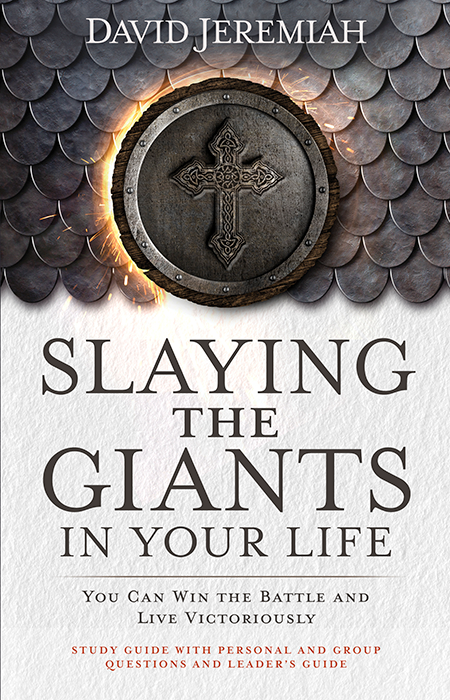















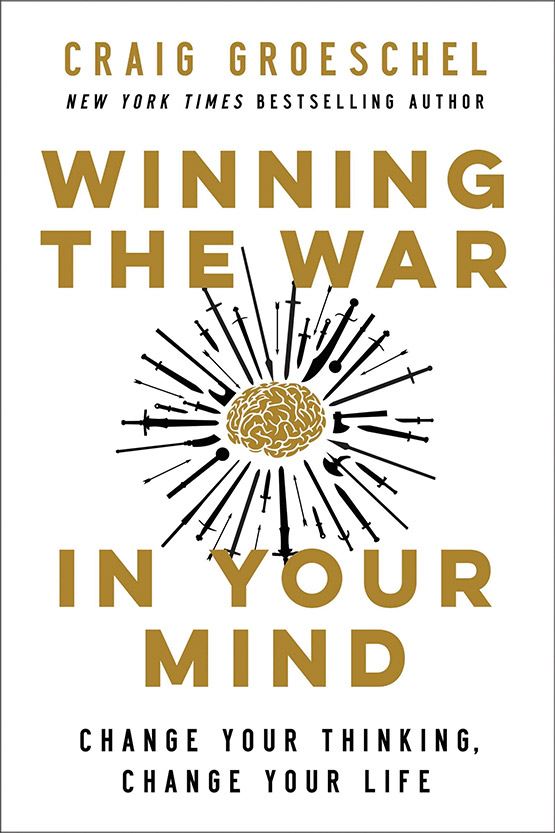


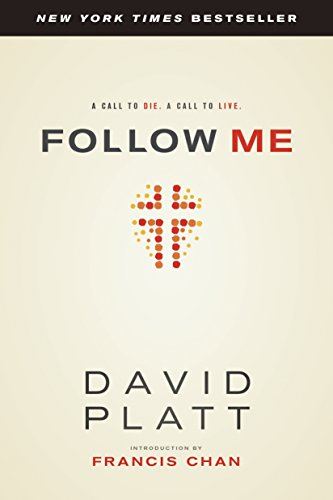

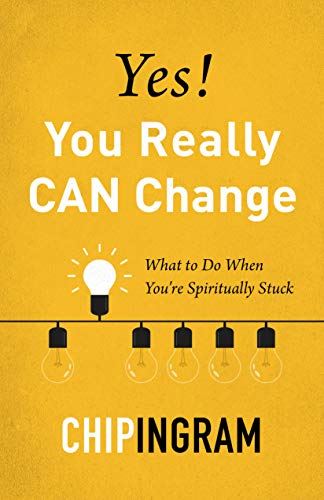
 Hi! I am Josh Hunt. Pastor. Author. Dad. Granddad. Hiker. Photographer.
Hi! I am Josh Hunt. Pastor. Author. Dad. Granddad. Hiker. Photographer. 


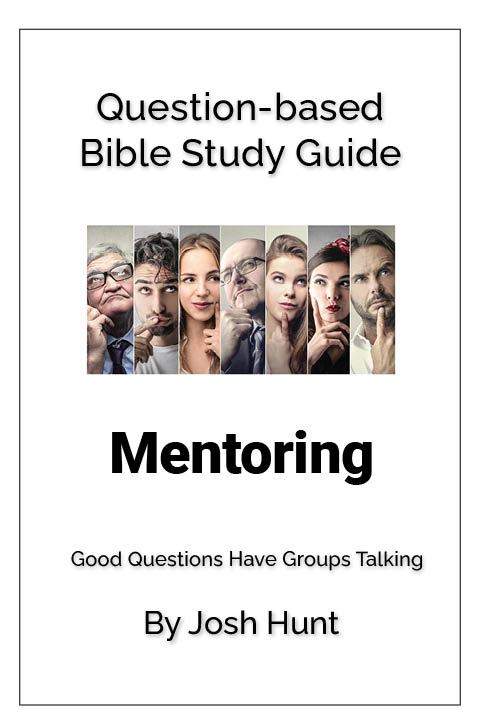



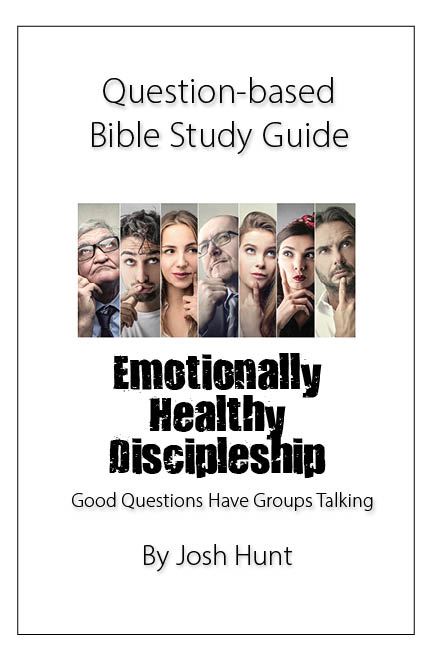

 I try to make teachers sound brilliant by providing great quotes from your favorite authors in every lesson. If Max Lucado ever wrote anything about this week's passage, I will likely find it.
I try to make teachers sound brilliant by providing great quotes from your favorite authors in every lesson. If Max Lucado ever wrote anything about this week's passage, I will likely find it.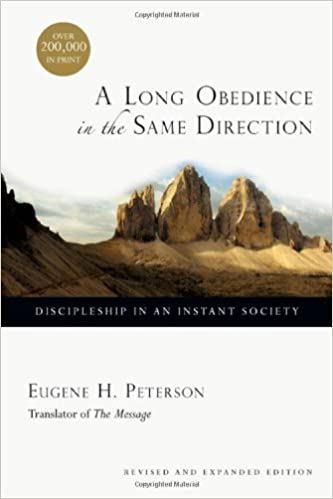
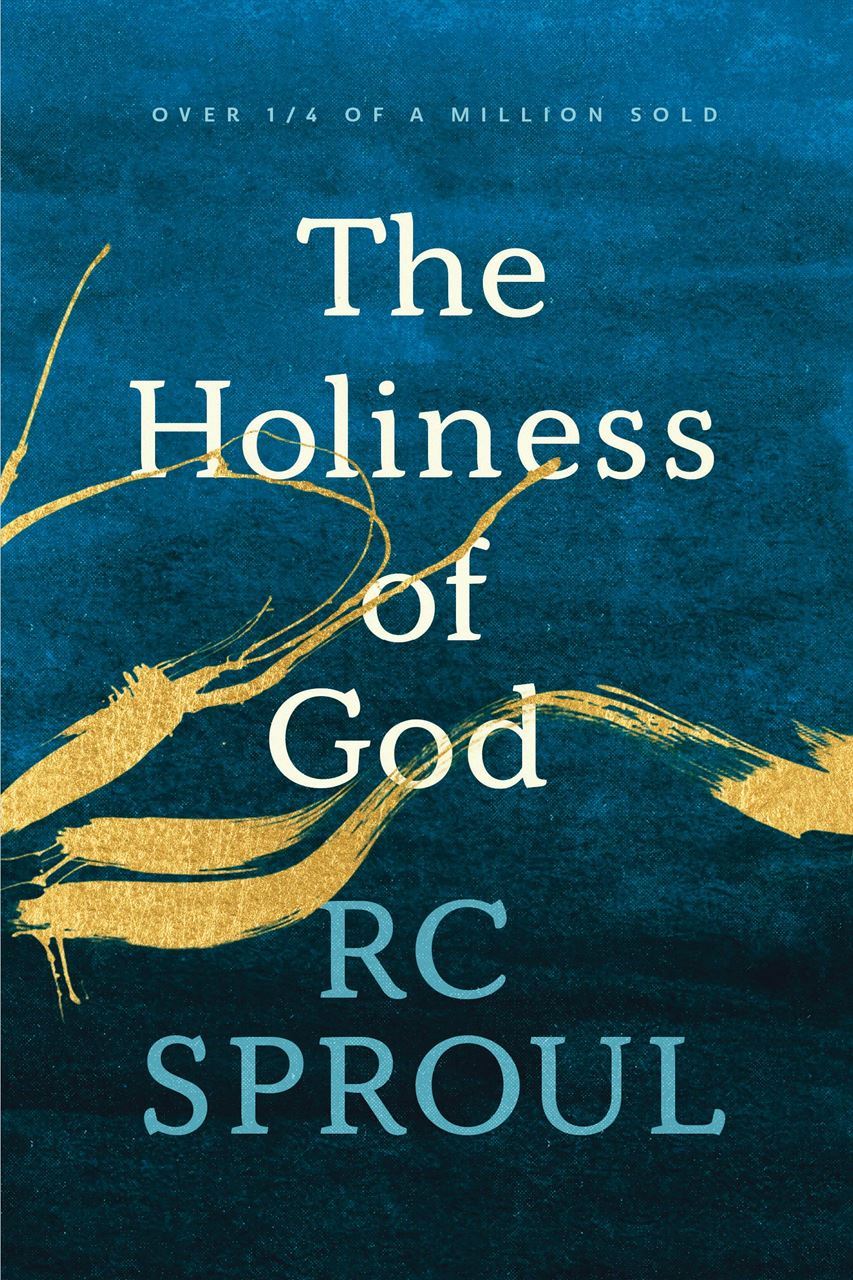
 Has your life ever been changed by reading any Sunday School curriculum?
Has your life ever been changed by reading any Sunday School curriculum?


